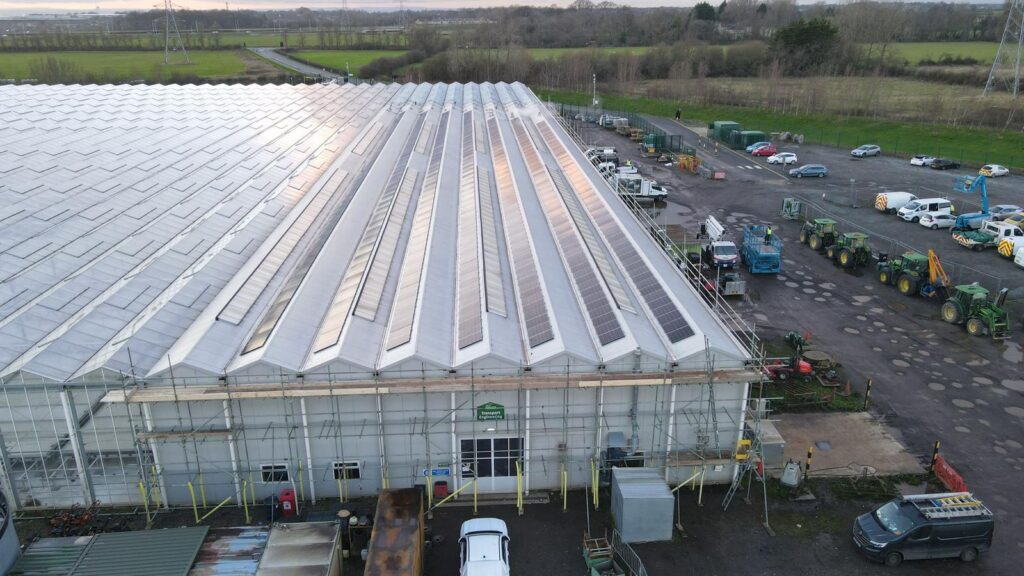City council’s energy efficiency scheme provides tenants in 2,000 households with warmer, greener homes that are cheaper to heat
Birmingham City Council’s retrofit upgrade of some 2,000 council homes has meant big savings for tenants. Each upgraded home can see a reduction of between £600 and £1,200 a year in energy bills. The installation of solar panels on a property can save residents as much as £4 per day.

Newly retrofitted Brandfield House, image courtesy of Birmingham City Council
The extensive, £111m retrofit scheme included bespoke combinations of external wall insulation, new windows and doors, loft insulation, solar panels, high heat retention storage heaters and smart hot water tanks.
Other technological solutions included the installation of smart energy monitoring devices in some homes. These provide residents with greater control over their energy usage and supply valuable data to the council on how the retrofit measures perform, levels of dampness, and if tenants are experiencing fuel poverty.
Retrofitted properties now have an Energy Performance Certificate of at least a Band C, with some achieving a Band A rating—the most energy-efficient rating available.
The work is expected to save some 2,500 tonnes of carbon per year, the equivalent of 41,000 trees growing for 10 years.
Retrofitting work was undertaken in partnership with sustainable regeneration specialist Equans. The council successfully secured a grant of £24m from the government’s Social Housing Decarbonisation Fund (since 2024 renamed the Warm Homes: Social Housing Fund). Indeed that grant was the largest single-council allocation for the fund’s 2.1 Wave.
To minimise disruption to residents, other capital works improvement was undertaken at the same time.
Julie Cobbett, a resident of Bradfield House, says: ‘Before these works were done, putting the heating on wouldn’t make much difference as the heat would be lost through the windows. The new windows mean the heat stays in, and I have not needed to put the heating on – but when I do, I can feel the difference. The change that has made the biggest difference to my life has been the new kitchens and bathrooms that have been installed.’
Cllr Nicky Brennan, Cabinet Member for Housing and Homelessness at Birmingham City Council, adds: ‘It was great to hear from Julie and Leanne about the difference these improvements have made. Having greener, energy-efficient homes reduces our tenants’ energy bills, which is especially important during this cost-of-living crisis. It is also great to see how the work has transformed the look and feel of neighbourhoods, building a greater sense of pride among residents.
‘These investments don’t just save tenants money, they also significantly contribute to the council’s net zero agenda. This scheme is a great example of how government grant funding can be used to facilitate necessary work to make homes warmer and use less carbon. I would also like to thank our delivery partner, Equans, who have been vital in identifying which properties were most in need of improvements and aligning this with our wider capital works programme, which is investing more than £200m a year into existing council homes. As we have an existing partnership with Equans, we have been able to deliver the scheme to schedule and minimise disruption for our residents.’
In related news:

















Leave a Reply